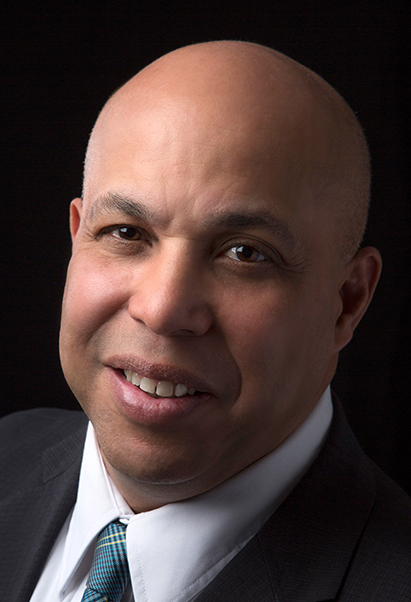Duff: Employee Status: Not a New Problem
Thursday, March 10, 2022 | 0
Fresh off a presentation on the gig economy at an ABA function, and in preparation for a lecture I will be delivering to my students, I am inspired to reproduce the language of a decades-old U.S. Supreme Court labor law case:

Michael C. Duff
The argument assumes that there is some simple, uniform and easily applicable test which the courts have used, in dealing with such problems, to determine whether persons doing work for others fall in one class or the other [i.e., independent contractor or employee]. Unfortunately this is not true. Only by a long and tortuous history was the simple formulation worked out which has been stated most frequently as "the test" for deciding whether one who hires another is responsible in tort for his wrongdoing [i.e. Restatement 2nd of Agency Section 220]. But this formula has been by no means exclusively controlling in the solution of other problems. And its simplicity has been illusory because it is more largely simplicity of formulation than of application. Few problems in the law have given greater variety of application and conflict in results than the cases arising in the borderland between what is clearly an employer-employee relationship and what is clearly one of independent entrepreneurial dealing. This is true within the limited field of determining vicarious liability in tort. It becomes more so when the field is expanded to include all of the possible applications of the distinction.
It is hardly necessary to stress particular instances of these variations or to emphasize that they have arisen principally, first, in the struggle of the courts to work out common-law liabilities where the legislature has given no guides for judgment, more recently also under statutes which have posed the same problem for solution in the light of the enactment's particular terms and purposes. It is enough to point out that, with reference to an identical problem, results may be contrary over a very considerable region of doubt in applying the distinction, depending upon the state or jurisdiction where the determination is made; and that within a single jurisdiction a person who, for instance, is held to be an "independent contractor" for the purpose of imposing vicarious liability in tort may be an "employee" for the purposes of particular legislation, such as unemployment compensation ... . In short, the assumed simplicity and uniformity, resulting from application of "common-law standards," does not exist.
So, put your thumb on whatever side of the scale you like, but please don't pretend you are acting in accord with "settled" principles of law. Employment policy is tough and brutally fact-dependent. And if you eviscerate employment law, the social policies previously delivered through the medium of that law will likely be transferred elsewhere, and who knows how?
Michael C. Duff is a professor of law at the University of Wyoming College of Law. This entry is republished from the Workers' Compensation Law Professors blog, with permission.





Comments